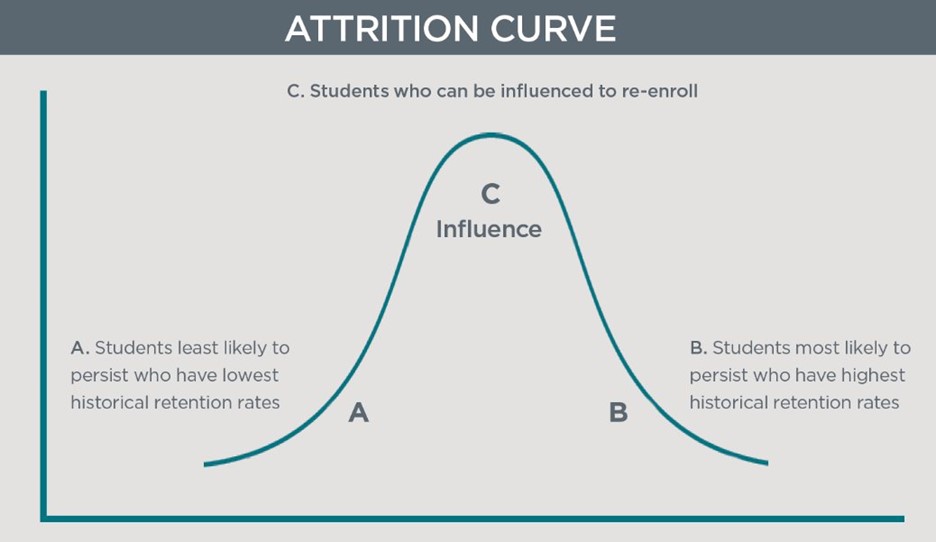- As policymakers look ahead to the bigger party conferences and students and staff ready themselves for the new academic year*, HEPI Director Nick Hillman takes a look ahead. [* Except in Scotland, where it has already begun.]
- Information on HEPI’s own party conference events is available here.
Money’s Too Tight (to Mention)
When the Coalition Government for which I worked tripled tuition fees for undergraduate study to £9,000 back in 2012, it was a big and unpopular change. But it represented a real increase in support for higher education that led to real increases in the quality of the student experience, with improvements to staffing, facilities and student support services.
Because the fee rise shifted costs from taxpayers to graduates via progressive student loans, it enabled another fundamental change: the removal of student number caps in England. No longer would universities be forced to turn away ambitious applicants that they wanted to recruit. It was the final realisation of the principle that underlined the Robbins report of 1963: ‘courses of higher education should be available for all those who are qualified by ability and attainment to pursue them and who wish to do so.’ A higher proportion of students enrolled on their first-choice place. (It never ceases to amaze me how many people wish to return to a world in which your children and mine have unwarranted obstacles reimposed between them and attaining the degree they want.)
But back in 2012, no one in their wildest dreams thought the new fee level would be frozen for most of the next decade and more. After all, the fee rise was implemented using the Higher Education Act (2004), which had enabled Tony Blair to introduce the current model of tuition fees, and the Blair / Brown Governments to raise fees each year without any fuss.
Yet the political ructions caused by introducing £9,000 fees in 2012 made policymakers timid. Towards the end of the Conservatives’ time in office, Ministers bizarrely sought to make a virtue of their pusillanimity. Even as inflation was biting, the Minister for Higher Education (Rob Halfon) said raising fees was ‘not going to happen, not in a million years’.
The result has been a crisis in funding for higher education institutions that has changed their priorities. Top-end universities have looked to increase their income via more and higher (uncapped) fees from international students – hardly surprising, when an international student taking a three-year degree is worth £69,000 a year more than a home student! They have also sought to tempt UK students away from slightly less prestigious institutions.
Meanwhile, newer universities have been even more entrepreneurial. Limited in their ability to recruit lots of international students, they have instead shifted towards franchising, whereby other organisations pay them for the privilege of teaching their degrees.
Universities in the middle have had a particularly tough time. Most notably, many universities originally founded in the expansionary post-Robbins environment are struggling today. (It has been suggested that the tie-up between Kent and Greenwich is partly borne of necessity.) Plus with no fees for home students, Scottish universities have been hurting even more than those elsewhere.
Even though recruiting more people from overseas and large-scale franchising have helped some institutions to keep the wolf from the door, Ministers have condemned both. The UK Home Office want fewer international students and England’s Department for Education have promised new legislation to tackle the growth in franchising. (Six months ago, Bridget Phillipson wrote in the Sunday Times, ‘I will also bring forward new legislation at the first available opportunity to ensure the Office for Students has tough new powers to intervene quickly and robustly to protect public money’.)
No British university has ever gone bust but, as financial advisers know, the past can be a sorry guide to the future. When asked, Ministers say they would accept the closure of a university or two. But a university is usually a big local employer, a big supporter of local civic life and a source of local pride – and money. Most have been built up from public funds.
Closing a university would not just risk local upset. It would reduce confidence, including among those who lend to universities, and could even risk a domino effect, as people lose faith in the system as a whole, thereby putting the reputation of UK education at risk. So there are good reasons why, for example, Dundee University is currently being bailed out, even if it comes with a distinct whiff of moral hazard.
Bills, Bills, Bills
Students are hurting just as much as institutions. Contrary to the expectations of years gone by, the proportion of school leavers proceeding to higher education is barely rising. There is likely more than one cause, including negative rhetoric about universities from across the political spectrum and a false sense that degree apprenticeships for school leavers are plentiful.
Perhaps most significantly, maintenance support for students is nothing like enough. There are three big problems.
- The standard maximum maintenance support in England is now worth a little over £10,000, which is just half the amount students need.
- Parents are expected to support their student offspring but they are not officially told how much they should contribute.
- England’s household income threshold at which state-based maintenance support begins to be reduced has not increased for over 15 years. At £25,000, it is lower than the income of a single-earner household on the minimum wage.
As a result, according to the HEPI / Advance HE Student Academic Experience Survey, over two-thirds of students now undertake paid employment during term time, often at a number of hours that negatively affects their studies. These students are limited in their ability to take part in extra-curricular activities, for they are time poor as well as strapped for cash.
An increase in maintenance support is long overdue, just as an increase in tuition fees for home students is long overdue. But we could also perhaps help students help themselves by providing better information in advance about student life. In particular, given the epidemic of loneliness among young people, we should remind them that you are more likely to be lonely if your room is plush but you do not have enough money left over for a social life than if your living arrangements are basic but your social life is lively.
The Masterplan
The Government came to office claiming to have a plan for tackling the country’s challenges. But more than a year on, the fog has not cleared on their plans for higher education. Patience is now wearing gossamer thin. As Chris Parr of Research Professional put it on Friday, ‘Still we wait.’ As far as we can discern from what we know, it seems universities will be expected to do more for less – on civic engagement, access and economic growth.
Higher education institutions have made it clear, including through Universities UK’s Blueprint, that they are keen to play their part in national renewal. But it is not only the financial squeeze that limits their room for manoeuvre. Political chaos as well as the geography of Whitehall threaten the institutional autonomy that has been the key ingredient of UK universities’ success.
Unlike in the past, there are different regulators, Ministers and Departments for the teaching and learning functions of universities on the one hand and their research functions on the other, meaning coordinated oversight is missing. The latest machinery of government changes risk another dog’s dinner, as ‘skills’ continue to bounce around Whitehall, newly residing for now (but who knows for how long) in the Department for Work and Pensions. Meanwhile, the Department for Science, Innovation and Technology is thought to have less regard for university-based research than for research conducted elsewhere, at least in contrast to the past.
Moreover, each of the two Ministers with oversight of higher education institutions (Baroness Smith and Lord Vallance) are newly split across two Whitehall departments, with one foot in each. This sort of approach tends to be a recipe for chaos. (As I saw close up during my own time in Whitehall, split Ministers usually reside primarily in just one of their two departments, the one where their main Private Office is situated.)
The choice now is clear. If Ministers want to direct universities more than their predecessors, then they need to fund them accordingly. But if Ministers want universities to play to their own self-defined strategies in these fast-changing times, then they should reduce the barriers limiting their capacity to behave more entrepreneurially.











